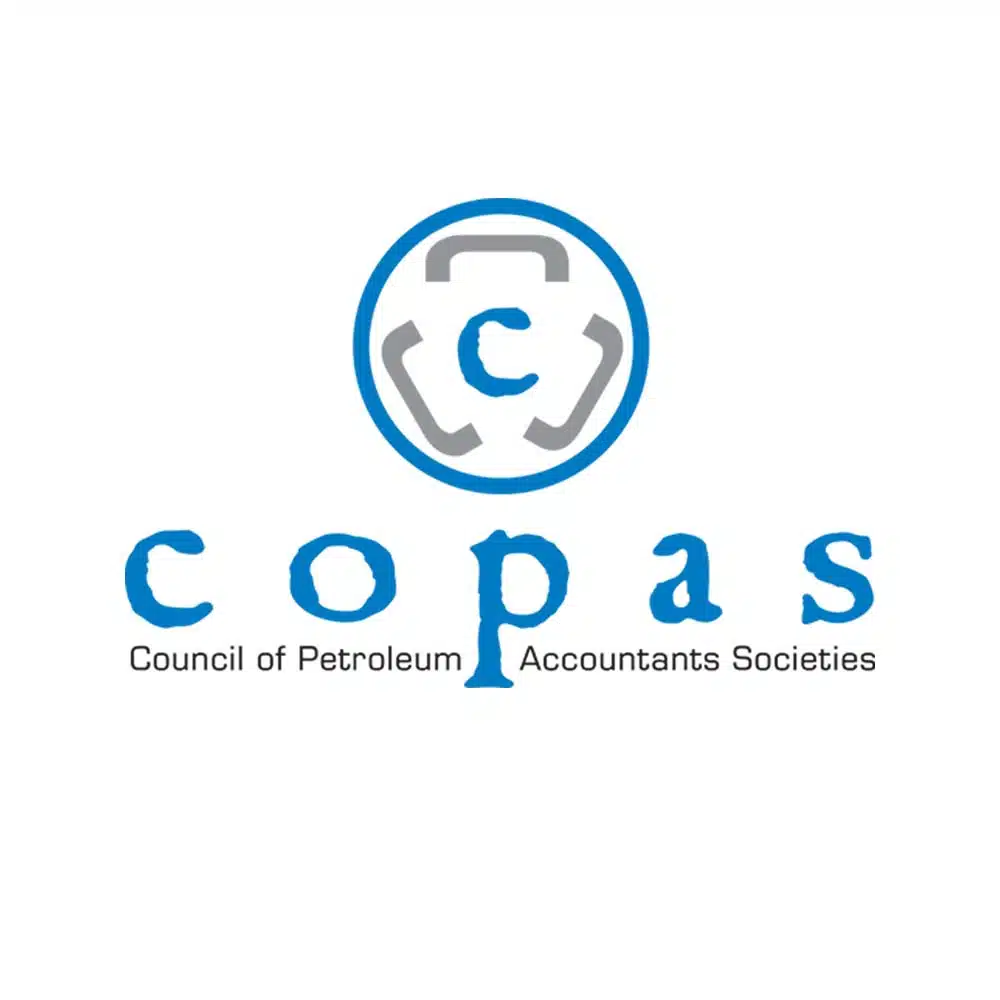Description
Topics Covered
- Overview of Joint Venture
- Operational and Financial Drivers and Types of Agreements
- Agreements
- Types Used in Joint Ventures & Accounting Procedure Relationship to Governing Agreement
- Historical Perspective on COPAS Accounting Procedures
- Dissecting a COPAS Accounting Procedure
- Direct vs. Indirect Costs
- Accounting Procedure Language and Proper Charging
- Overhead
- Development, Drilling, Production, MCO & Catastrophe
- Materials
- CEPS, Casing & Tubing, Controllable vs. Non-controllable
- Special Joint Venture Adjustments
- Non-consents, payouts, well pad adjustments
- Allocations
- Accounting for Costs Benefiting Multiple Properties
- Joint Interest Billings
- AFE and Operational Costs
- Accounting for Joint Venture Costs
- Key alternatives, Application
Course Objectives
Upon completion of the course, you will be able to:
- Identify and explain key joint interest agreements and ownerships
- Analyze the different agreements for joint ventures in the oil and gas industry
- Evaluate the major provisions of COPAS Accounting Procedures and how such accounting procedures have evolved over time
- Apply concepts to properly analyze and account for costs onto a joint interest invoice
- Explain the differences between direct and indirect costs and their effect on JI billing
- Demonstrate the differences and procedures for overhead calculations with respect to various COPAS accounting procedures
- Determine tangible equipment pricing in relation to accounting and reconciliation procedures to identify charges to the joint venture
- Recognize unique joint interest accounting situations and apply concepts learned in determining when special JV adjustments apply
- Explain key accounting alternatives to allocate costs to multiple joint ventures
- Identify the proper accounting entries for various joint venture transactions
- Apply key accounting controls to ensure financial and accounting control over transactions


















